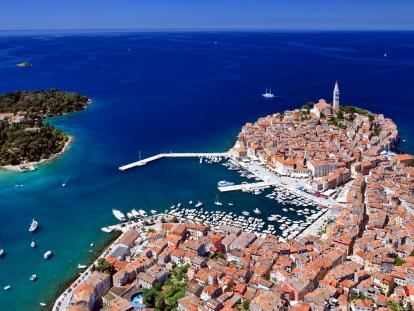
In Croatia last year, there were 20.6 million arrivals and 108 million overnights, according to the eVisitor system, which includes tourist traffic in commercial and non-commercial facilities, as well as nautical charter (eCrew system). In 2023, Croatia experienced a growth of 9% in arrivals and 3% in overnights compared to 2022. When compared to 2019, the overall results across all accommodation capacities remained consistent. However, in commercial establishments such as hotels, campsites, and household facilities, there was a 1.2% increase in overnights compared to 2019.
“Croatia has further solidified its position as one of the most desirable European destinations in the past year. This is evident not only in the tourism results but also in other indicators, such as tourism revenue, which is also expected to be record-breaking. Considering the current situation in emitting markets, as well as the global geopolitical and macroeconomic situation, we can say that 2024 will be a challenging year. However, it will also be a year in which, through the implementation of our promotional activities and campaigns, we plan to maintain the competitiveness of Croatian tourism by promoting sustainability and quality”, said Kristjan Staničić, Director of the Croatian National Tourist Board, expressing gratitude to all tourism professionals for another excellent tourism year.
When segmenting Croatia’s tourism results by counties, the highest number of overnight stays in the past year was recorded in Istria (30 million nights, a +2% increase compared to 2022), Split-Dalmatia County (20.2 million nights, a +3% increase), and Kvarner (18.5 million nights, a +1% increase).
“We are pleased with the tourism traffic and financial results in 2023, as well as the fact that we realised a series of highly important activities last year that will contribute to the further management of tourism development. We had the best pre-season in history and an extremely successful post-season, indicating that we are on the right track to achieve year-round tourism, one of our main strategic goals. In addition, the first comprehensive Tourism Law was adopted, providing us with tools to manage tourism towards sustainability. With secured financial resources, both through the National Recovery and Resilience Plan and the State Budget, we have created all the prerequisites to welcome 2024 with great optimism for the even stronger realisation of all our goals,” emphasised Nikolina Brnjac, Minister of Tourism and Sports.
Other counties experiencing growth in overnight stays include Zadar County with 15.2 million nights, Dubrovnik-Neretva County with 8.6 million nights, and Lika-Senj County with 3.4 million nights. In Zagreb city, 2.5 million nights were recorded in the last year, representing a 13% increase compared to 2022. In the rest of the continent, a total of over 2.6 million nights were recorded, also showing a 13% increase compared to 2022. Regarding destinations, the highest number of nights in the past year was recorded in Rovinj, Dubrovnik, Poreč, Split, and Umag.
Looking at markets, guests from Germany (23.6 million nights), Croatia (13 million nights), Slovenia (10.6 million nights), Austria (8.4 million nights), Poland (6.7 million nights), Czech Republic (5.5 million nights), Italy (4.2 million nights), UK (3.7 million nights), Hungary (3.6 million nights), Slovakia (3.3 million nights), and the Netherlands (3.1 million nights) recorded the highest number of nights in the past year.
In December, there was a 17% increase in arrivals and a 10% increase in overnights compared to 2022, with a total of over 394 thousand arrivals and 938 thousand overnights recorded in Croatia.
In December, guests from Croatia (316 thousand nights), Slovenia (99 thousand nights), Austria (85 thousand nights), Bosnia and Herzegovina (66 thousand nights), Germany (62 thousand nights), and Italy (47 thousand nights) recorded the highest number of overnight stays. Popular destinations in December included Zagreb, Opatija, Split, Dubrovnik, Poreč, Rovinj, and Zadar.
It’s worth noting that almost 90 thousand guests welcomed the New Year’s night in Croatia, approximately 12% more than the number of guests who welcomed the end of 2022 in the country.
(CroatiaWeek)
